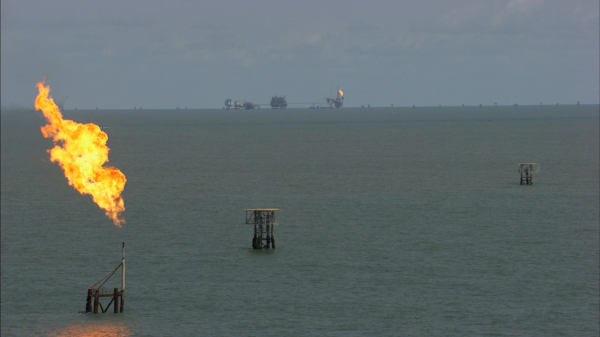Vanishing Waters: How the Caspian Sea's Dramatic Decline Threatens Global Stability

The Caspian Sea stands at a critical crossroads, facing an unprecedented threat of environmental devastation that could reshape its entire ecosystem forever. This ancient inland sea, a unique geological marvel, is now confronting a dual assault from industrial exploitation and the relentless impacts of climate change.
As industrial interests increasingly view the Caspian as a resource to be extracted and consumed, the delicate balance of its marine environment hangs in a precarious state. The sea's rich biodiversity, which has evolved over millennia, risks being permanently disrupted by short-sighted economic pursuits that prioritize immediate gains over long-term ecological sustainability.
Climate change compounds these challenges, driving a gradual but alarming process of desiccation that threatens to fundamentally alter the sea's physical and biological characteristics. Rising temperatures and changing precipitation patterns are causing water levels to recede, exposing fragile habitats and disrupting the intricate web of life that depends on this extraordinary water body.
The potential consequences extend far beyond environmental concerns. The Caspian Sea is not just a body of water, but a critical lifeline for multiple nations, supporting diverse communities, unique wildlife, and complex economic systems. Its potential transformation represents more than an ecological crisis—it signals a profound loss of natural heritage that, once destroyed, can never be fully restored.
Urgent, coordinated action is needed to protect this irreplaceable ecosystem. We must prioritize sustainable management, implement robust conservation strategies, and recognize the Caspian Sea as a global treasure that demands our most serious protection and respect.
